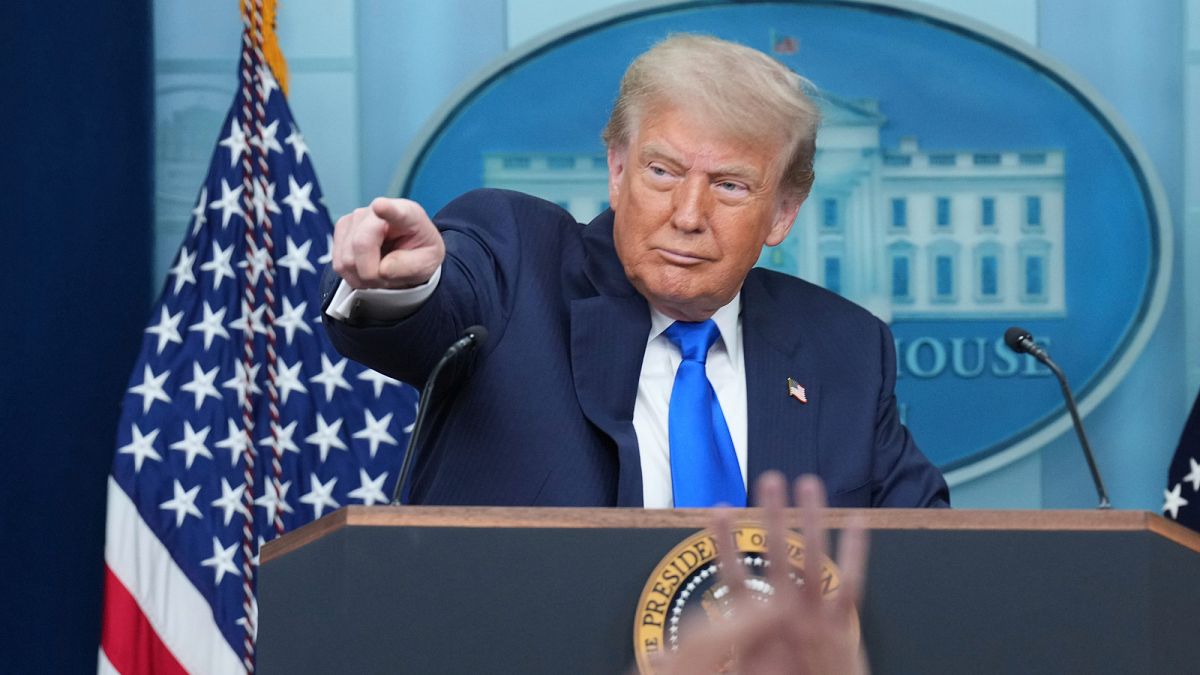

In recent days, the global stage sees an array of developments that underscore the intricate web of international trade and diplomacy. Among these significant events is an agreement between the United States and China aimed at facilitating the flow of rare-earth minerals. Simultaneously, the former U.S. President, Donald Trump, has brought attention to the cessation of certain trade dialogues between the United States and Canada, primarily due to disagreements concerning a digital services tax. Let’s delve into these occurrences to understand their implications and broader context.
The announcement of a bilateral understanding between the United States and China stands as a beacon of cooperation amid a history of complex trade tensions. This agreement focuses on expediting the shipment of rare-earth elements, crucial components in numerous high-tech industries, from China to the U.S. market. Officials confirmed the accord, highlighting it as part of a broader initiative to alleviate ongoing trade disputes. The anticipation of this smoothened supply chain invigorated U.S. stock markets, reflecting optimism in economic spheres.
Rare-earth minerals, integral to the technology, defense, and renewable energy sectors, have long been central to discussions between these two influential economies. With this agreement, there are hopes of sustained collaboration that could foster stability and predictability in an otherwise volatile trade landscape. Moving forward, both sides may work towards further reaching understandings, including potential openings with other nations, as intimated by Donald Trump mentioning prospective discussions with India.
Turning now to North America, a recent development involves former President Trump’s decision to halt trade discussions with Canada. This move is linked to Canada’s imposition of a digital services tax affecting tech giants such as Amazon, Google, Meta, Uber, and Airbnb. The tax, set at a 3% levy on revenues sourced from Canadian users, represents a significant juncture in how digital income is managed on a global scale.
Former President Trump’s response to this taxation policy brings into focus the challenging interplay of national policies and international business interests. While the tax seeks to address economic equity in an increasingly digital economy, it has proven contentious and contributed to strain in trade negotiations. The outcome of these halted talks may steer future tax discussions not only between the U.S. and Canada but also serve as a reference in broader international trade considerations.
Meanwhile, across the Atlantic, diplomatic discourse continues to unfold amongst European nations. Spain’s recent accusations directed at Brussels over its perceived inaction in response to Hungarian leadership’s ban on Budapest’s Pride event illustrate the complexities within the European Union’s governance and policy coherence. Spanish officials urge the European Commission to adopt a firmer stance, thereby reflecting intra-regional tensions on how social policies are upheld across member countries.
These incidents, though distinct, share a common thread of global interconnectedness and the ripple effect that one nation’s policies can invoke internationally. They serve as reminders of the intricacies of diplomacy, where economic policies, cultural matters, and social values converge.
Each event outlined here underscores a broader narrative of dynamic geopolitical shifts and economic adjustments. As countries navigate these waters, they reflect the broader journey towards achieving equilibrium in a landscape characterized by rapid technological advancement and evolving international norms.
While specific outcomes and full implications of these tax policies, agreements, and diplomatic engagements are yet to unfold, the unfolding events invite reflection on the interconnected nature of today’s world. Stakeholders—from policymakers to business leaders—continue to engage thoughtfully and strategically, with an eye toward crafting solutions that accommodate diverse interests while fostering a harmonious global community.
Source: {link}
